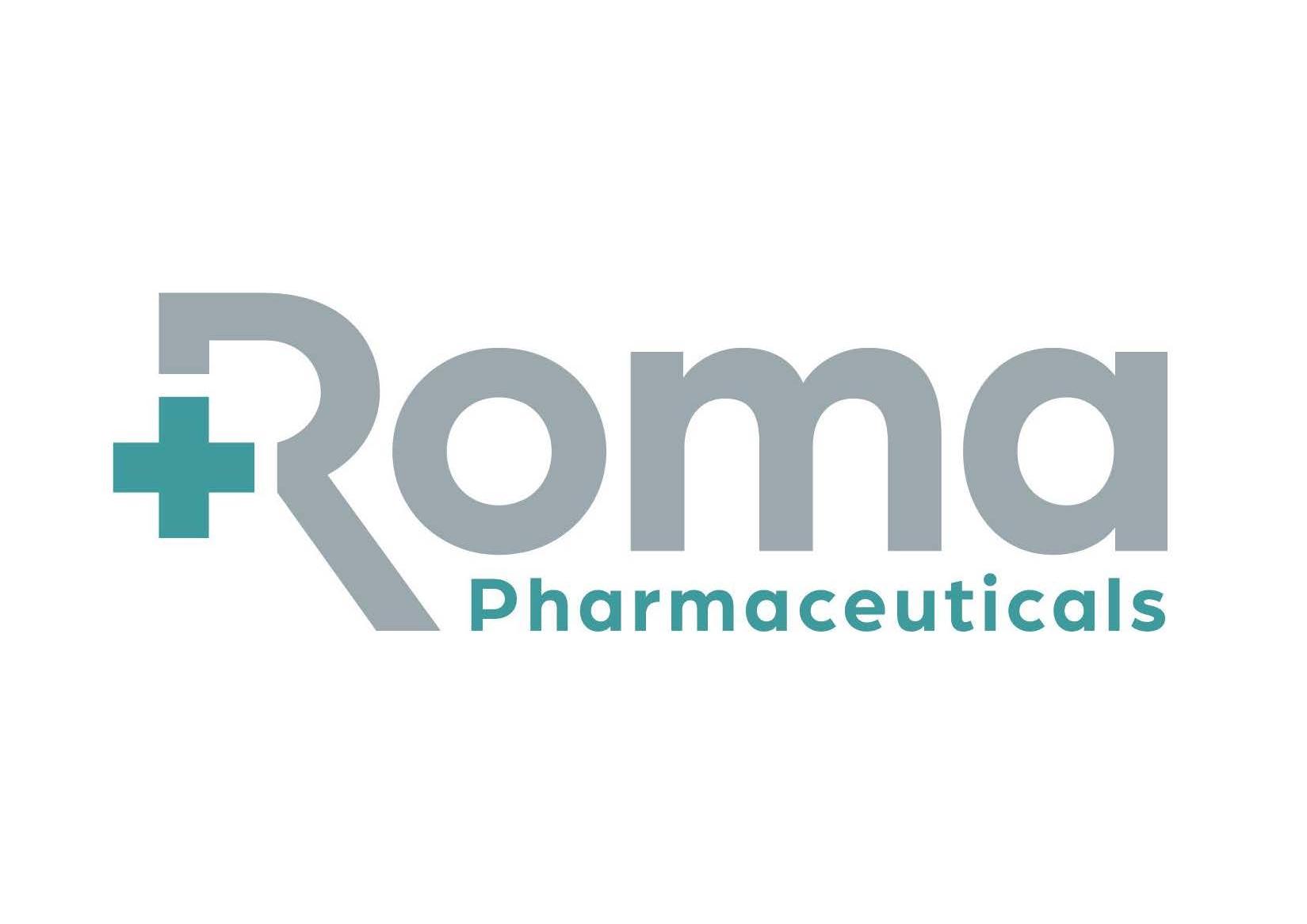In severe and prolonged hypothyroidism, adrenocortical activity may be decreased. When thyroid replacement therapy is started, metabolism increases more than adrenocortical activity and this can lead to adrenocortical insufficiency requiring supplemental adrenocortical steroids.
Liothyronine sodium treatment may result in an increase in insulin or anti- diabetic drug requirements. Care is required for patients with diabetes mellitus and diabetes insipidus.
Panhypopituitarism or predisposition to adrenal insufficiency (initiate corticosteroid therapy before starting liothyronine), pregnancy, breast-feeding (see section 4.6 Pregnancy and lactation).
In myxoedema, care must be taken to avoid imposing excessive burden on cardiac muscle affected by prolonged severe thyroid depletion. Particular care is needed in the elderly who have a greater risk of occult cardiovascular disease. Baseline ECG is recommended prior to commencement of liothyronine treatment in order to detect changes consistent with ischaemia. Patients should undergo cardiovascular monitoring, including periodic ECGs, during liothyronine treatment. Liothyronine is contraindicated in established myocardial ischaemia (see section 4.3) in which case, levothyroxine, with cautious dose escalation, is recommended instead.
Liothyronine rather than levothyroxine would be the replacement therapy of choice during block and replace treatment of thyrotoxicosis with propylthiouracil (PTU) due to the inhibition by PTU of the peripheral conversion of T4 to T3.
If metabolism increases too rapidly (causing diarrhoea, nervousness, rapid pulse, insomnia, tremors and sometimes anginal pain where there is latent myocardial ischaemia), reduce dose or withhold for 1-2days and start again at a lower dose. TSH levels should be monitored during treatment to reduce the risk of over- or undertreatment. The risks of over-treatment include atrial fibrillation, osteoporosis and bone fractures.
Interferences with laboratory test:
Biotin may interfere with thyroid immunoassays that are based on a biotin/streptavidin interaction, leading to either falsely decreased or falsely increased test results. The risk of interference increases with higher doses of biotin.
When interpreting results of laboratory tests, possible biotin interference has to be taken into consideration, especially if a lack of coherence with the clinical presentation is observed.
For patients taking biotin-containing products, laboratory personnel should be informed when a thyroid function test is requested. Alternative tests not susceptible to biotin interference should be used, if available (see section 4.5).
This medicine contains less than 1 mmol sodium (23 mg) per 5micrograms, 10micrograms and 20 micrograms hard capsule, that is to say essentially 'sodium-free'.



